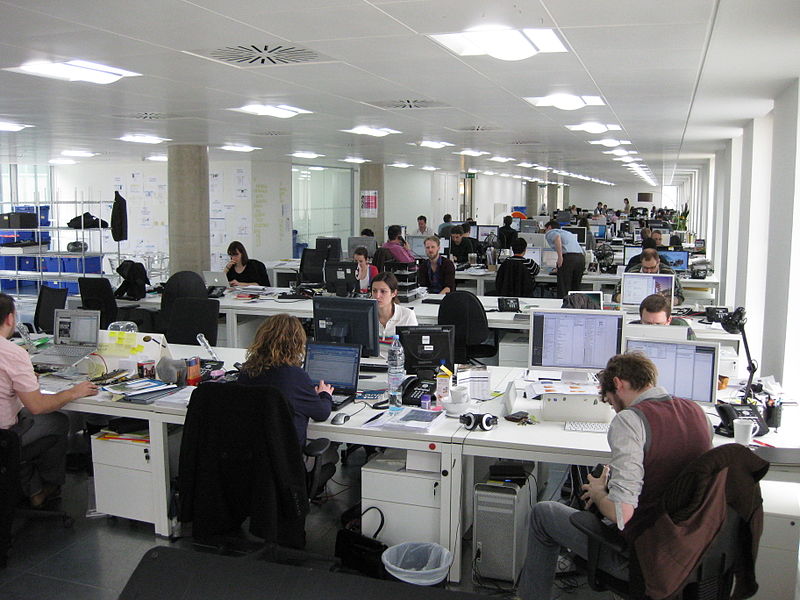
British employers are planning to increase pay by just 3% over the next year, marking the smallest anticipated rise in two years, according to a survey by the Chartered
Institute of Personnel and Development (CIPD) released on Monday. This planned increase is down from 4% reported three months ago.
This news is likely to be welcomed by the Bank of England, which has been aiming for a slowdown in pay growth to more sustainable levels. The Bank cut interest rates on August 1 for the first time in four years, after previously raising them to their highest level in 16 years.
In a separate survey conducted by the Bank of England at the beginning of the month, businesses indicated they planned to raise pay by 4.1%, which is also the lowest increase in at least two years.
"With inflation now within a manageable range for employees, a decrease in expected pay rises was anticipated," said CIPD economist James Cockett. "However, many workers will still feel worse off compared to a few years ago, so it is in employers' best interest to offer additional benefits to support and retain staff."
The CIPD's findings are based on responses from 2,032 employers across the private, public, and voluntary sectors, collected between June 17 and July 4. This was before Finance Minister Rachel Reeves approved pay increases of over 5% for many public sector workers.
According to official data, private-sector pay excluding bonuses was 5.6% higher in the three months leading up to the end of May compared to the same period a year earlier. This represents the smallest rise since June 2022, although it remains nearly double the increase the Bank of England considers consistent with low inflation. The central bank continues to see a risk that issues in the labor market could cause pay growth to decelerate less than expected.
Upcoming official data, due on Tuesday, will reveal pay growth for the second quarter of 2024, while figures on Wednesday are expected to show inflation rising above the 2% target again, as the effects of lower energy prices begin to wane. Photo by Phil Whitehouse, Wikimedia commons.




































